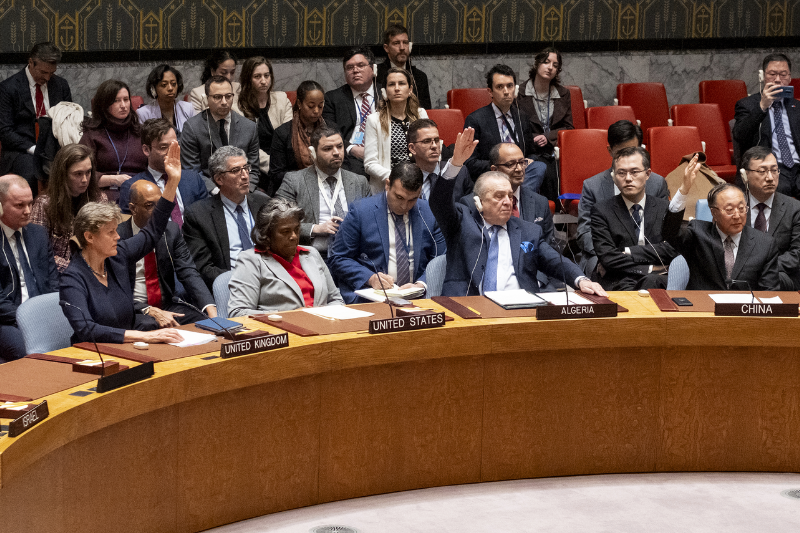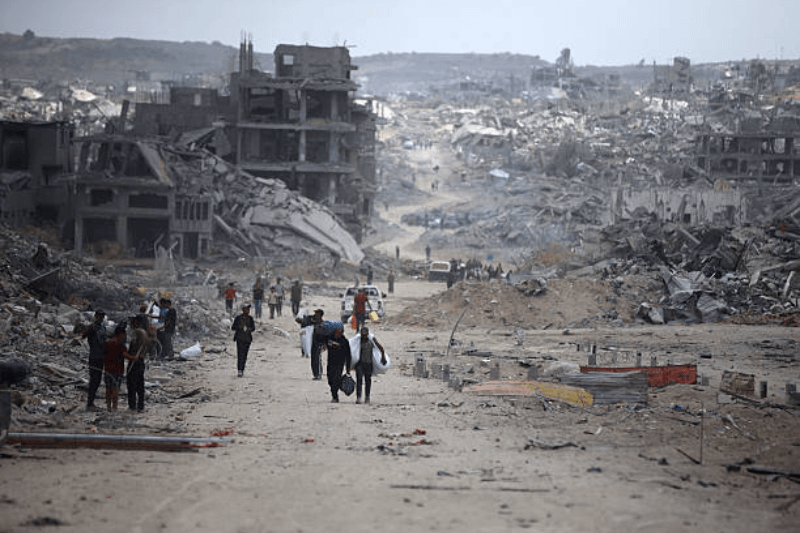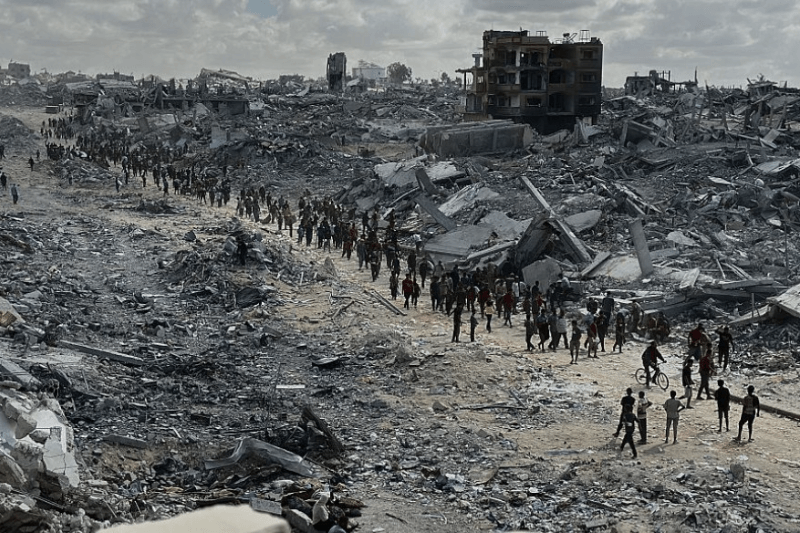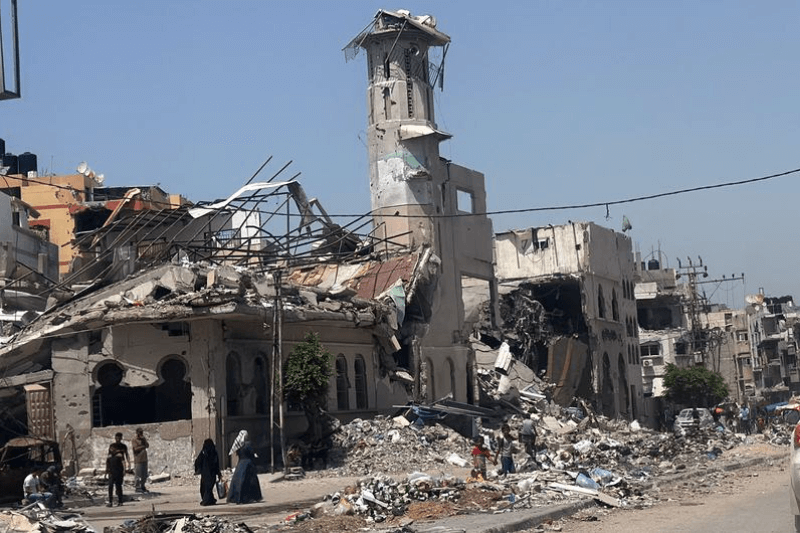
Israel Asserts UN Resolution Hampers Gaza Ceasefire Talks
Israel contends that Hamas’s rejection of a current Gaza truce proposal reflects the setbacks caused by the UN Security Council’s resolution urging an immediate ceasefire. Prime Minister Benjamin Netanyahu’s office firmly stated Israel’s refusal to yield to what it deems as the Palestinian armed group’s “unrealistic demands,” including an end to the conflict and the complete withdrawal of Israeli forces.
The US countered Israel’s claim, labeling it “inaccurate in almost every respect.” A state department spokesman clarified that Hamas’s response had been formulated prior to the Security Council vote on Monday.
Additionally, Israel’s military confirmed the death of Marwan Issa, Hamas’s deputy military leader, in a strike on a tunnel complex beneath Nuseirat refugee camp approximately two weeks ago. Rear Admiral Daniel Hagari emphasized the accuracy of the intelligence confirming Issa’s elimination.
Meanwhile, Hamas political official Izzat al-Rishq expressed skepticism about Israel’s assertion, stating that the group’s military leadership would ultimately determine the validity of the claim. Rear Admiral Hagari described Issa as Hamas’s “number three” and highlighted his role in organizing attacks on southern Israel in October.
Keep Reading
Following the UN Security Council’s adoption of a resolution calling for an immediate ceasefire in Gaza, Israel reacted vehemently. Fourteen council members, including the UK, supported the text, which also demanded the unconditional release of remaining hostages and urgent expansion of humanitarian aid deliveries.
In protest, Israel canceled a planned visit by an Israeli delegation to Washington to discuss its proposed ground offensive in Rafah, a move that could result in a humanitarian catastrophe, according to US warnings.
Despite ongoing mediation efforts by the US, Qatar, and Egypt in Doha, Hamas rejected the latest truce plan, insisting on its original demands for a permanent ceasefire and the withdrawal of Israeli forces from Gaza.
The Israeli prime minister‘s office denounced Hamas’s stance, citing it as evidence of the UN Security Council resolution’s adverse impact on negotiation efforts. Nevertheless, the US state department dismissed Israel’s criticism as largely inaccurate and unfair to the hostages and their families.
As diplomatic efforts continue, the situation on the ground remains tense, with both Israeli airstrikes and Palestinian casualties reported. The humanitarian crisis in Gaza worsens, with aid drops resulting in tragic incidents, including drownings and stampedes, underscoring the urgent need for a peaceful resolution to the conflict.
Amidst the ongoing violence, reports of sexual assault against hostages and allegations of Hamas’s involvement raise additional concerns about the humanitarian toll of the conflict.
In summary, the fallout from the UN resolution has further complicated ceasefire talks between Israel and Hamas, exacerbating an already dire situation in Gaza.




